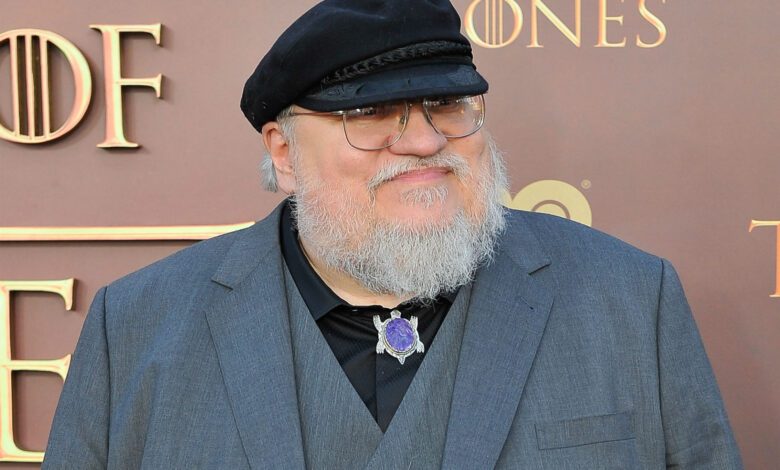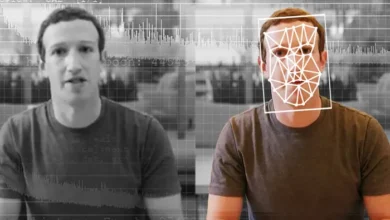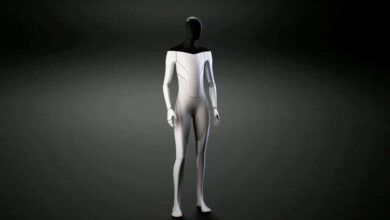Game Of Thrones writer George R.R. Martin and other authors sue OpenAI for copyright infringement
This lawsuit represents the most recent attempt by well-known writers to take legal action against OpenAI for purportedly violating their copyrights

A group of renowned authors including George R.R. Martin, author of the acclaimed Game of Thrones series, filed a lawsuit this week against artificial intelligence research company OpenAI. The authors allege that OpenAI infringed on their copyrights by training its AI systems using their written works without permission. The lawsuit was organized by the Authors Guild and names 17 individual authors as plaintiffs.
The lawsuit was filed in the Southern District of New York, with the plaintiffs seeking to have it classified as a class action lawsuit. A class action lawsuit is a type of lawsuit where a group of people with similar legal claims band together to file a single lawsuit against a defendant.
A plaintiff is a person or group who files a lawsuit against another person or group.The plaintiff is the party who initiates the lawsuit and seeks a legal remedy.
Allegations of Copyright Infringement
In court filings, the authors accuse OpenAI of “flagrant and willful infringements” of their copyrights. They state that OpenAI copied and processed their works without authorization to train its natural language AI systems, like the popular ChatGPT chatbot. The authors view this as a violation of their intellectual property rights. According to the lawsuit, the authors should have control over if and how their creative works are used, especially for commercial purposes.
The lawsuit filed by the Authors Guild in Manhattan federal court on Tuesday, alleges that OpenAI “copied Plaintiffs’ works wholesale, without permission or consideration … then fed Plaintiffs’ copyrighted works into their ‘large language models’ or ‘LLMs,’ algorithms designed to output human-seeming text responses to users’ prompts and queries.”
The authors express concerns about how OpenAI’s large language models could impact fiction writers’ incomes. They state that fiction writers rely on payment for the original works they create. However, OpenAI’s models can automatically generate text in a cost-effective way, without needing to pay writers. This means the models could potentially produce derivative content that summarizes, paraphrases, or mimics the authors’ books. The authors worry this could harm the market and demand for the original books, reducing what writers earn. Overall, the authors argue OpenAI’s language models threaten fiction writers’ livelihoods which depend on their ability to profit from their creative works.
Prominent Authors Involved
Some of the most famous names joining the lawsuit include George R.R. Martin, author of the Game of Thrones fantasy series, as well as legal thriller author John Grisham. Best-selling authors such as Jodi Picoult, Joyce Carol Oates, and David Baldacci are also plaintiffs. These acclaimed fiction writers argue that their ability to earn a living depends on having ownership over their literary creations.
Training Data Needed for AI
Artificial intelligence systems like ChatGPT require massive datasets to learn how to generate human-like text. The models are trained on millions of online writings, including published books, news articles, and other text sources. While this big data approach enables AI’s impressive language skills, it also raises concerns about copyrights. OpenAI has not confirmed exactly which or how many copyrighted works were used in training without direct permission from authors.
Prior Lawsuits Against AI Firms
This lawsuit follows earlier legal actions taken by authors against AI firms. In recent years. These cases dealt with copyrighted images allegedly used without proper licensing. Now the debate is expanding to AI text generation and its use of copyrighted literary works. Legal experts say more lawsuits in the AI space are likely as generative technology keeps rapidly evolving.
Earlier this year, Getty Images sued Stability AI, claiming the company behind the popular image generator copied 12 million Getty photos without authorization. Other AI art companies like Midjourney and DeviantArt have also faced lawsuits in 2022 over allegations their systems infringed on copyrights. As AI systems become more sophisticated at generating content, legal battles over intellectual property seem inevitable.
OpenAI’s Response
In response to the lawsuit, OpenAI stated that the company engages in ongoing productive conversations with the creative community. They aim to address concerns and collaborate effectively.
In a statement Wednesday, an OpenAI spokesperson said that the company respects “the rights of writers and authors, and believe they should benefit from AI technology.
“We’re having productive conversations with many creators around the world, including the Authors Guild, and have been working cooperatively to understand and discuss their concerns about AI. We’re optimistic we will continue to find mutually beneficial ways to work together to help people utilize new technology in a rich content ecosystem,” the statement said.
This high-profile lawsuit brings the debate over AI and copyright into the spotlight. As AI systems continue rapidly advancing, legal boundaries around using copyrighted data for training will need to be clarified. A delicate balance must be struck between protecting creators’ rights and enabling beneficial AI innovation
Please, also have a look into : Sam Altman says Elon Musk’s ‘superpowers’ helped OpenAI in early days



